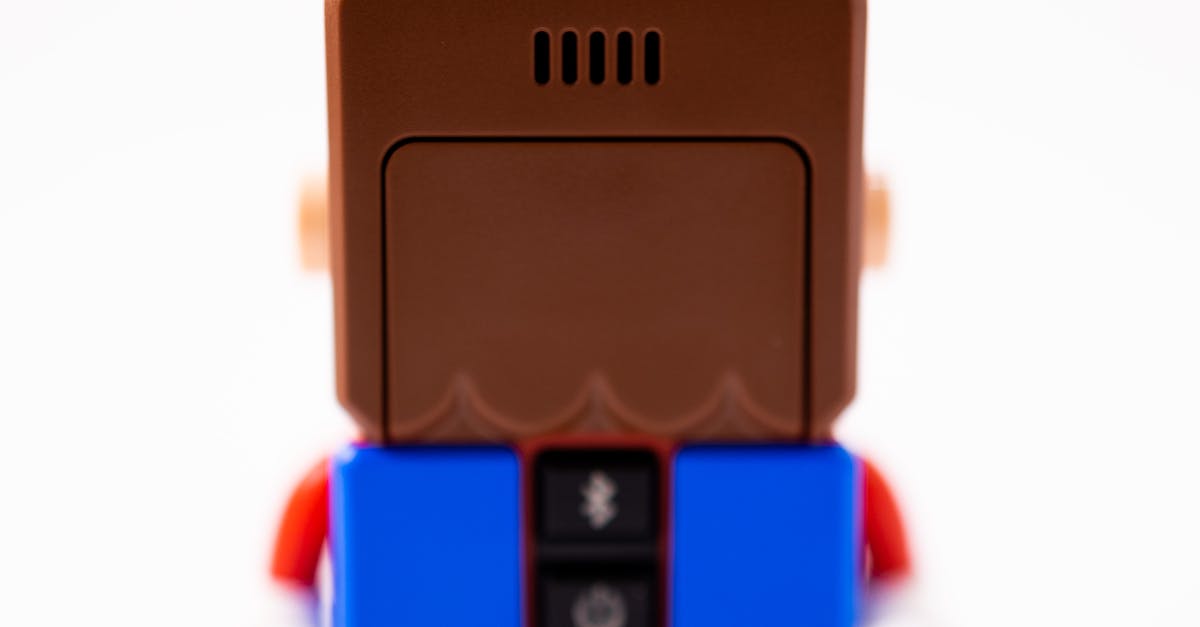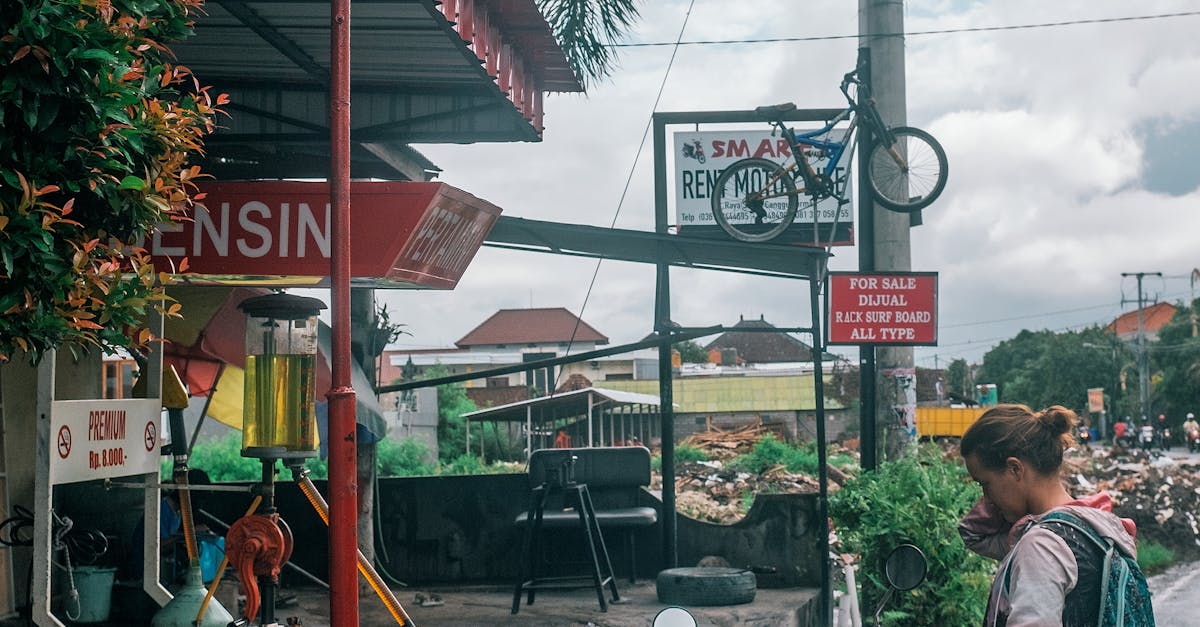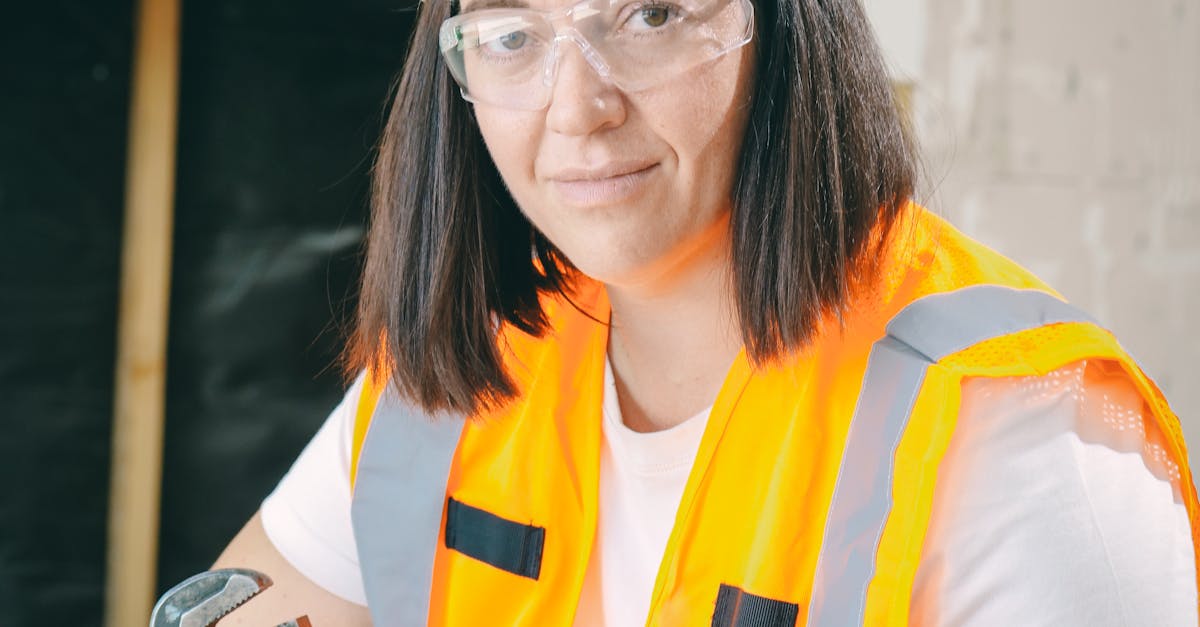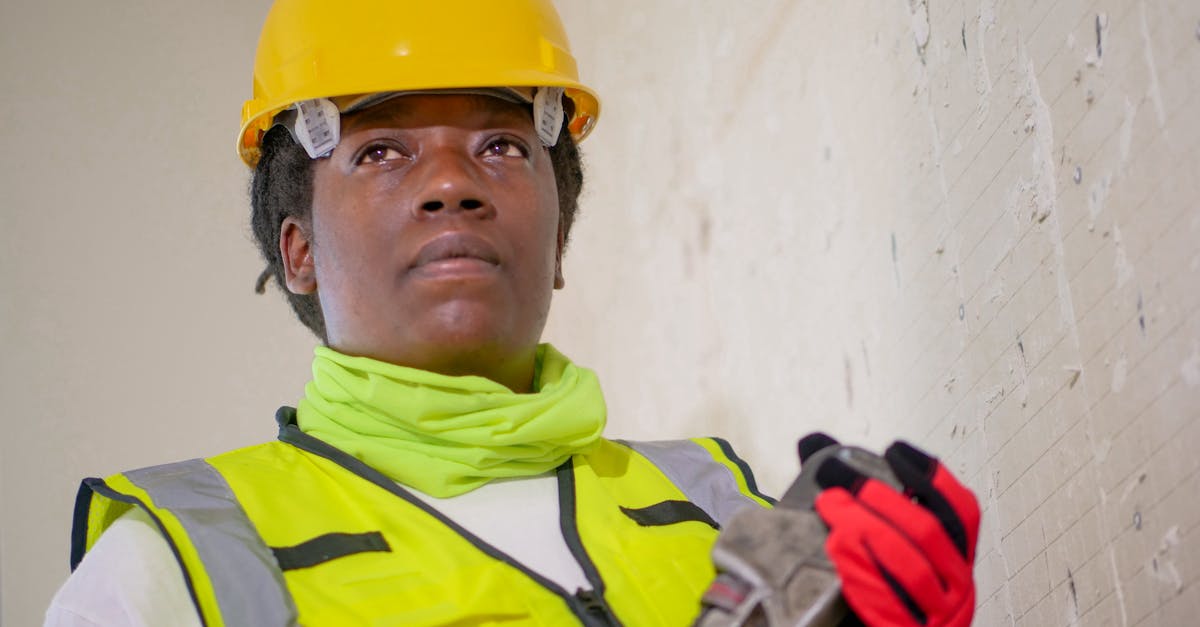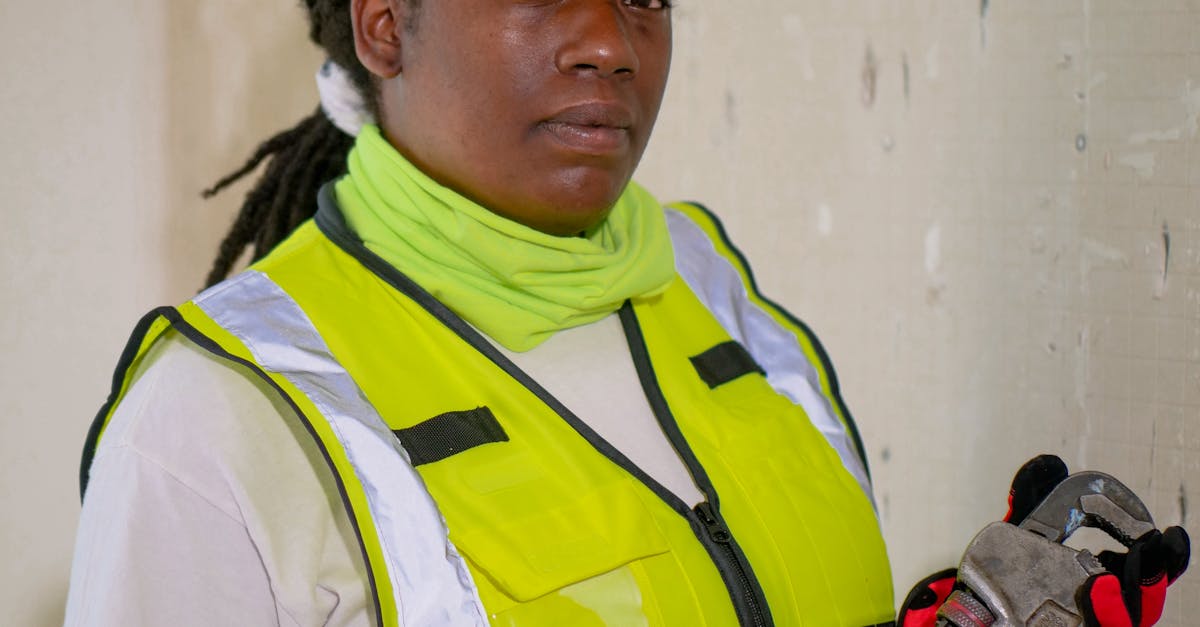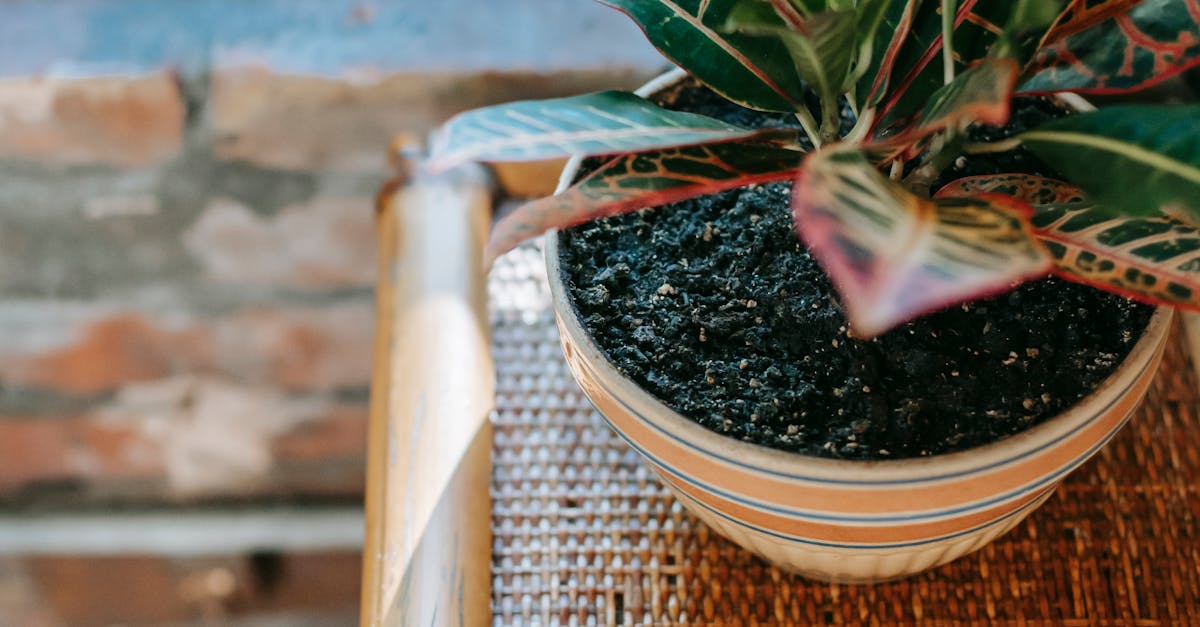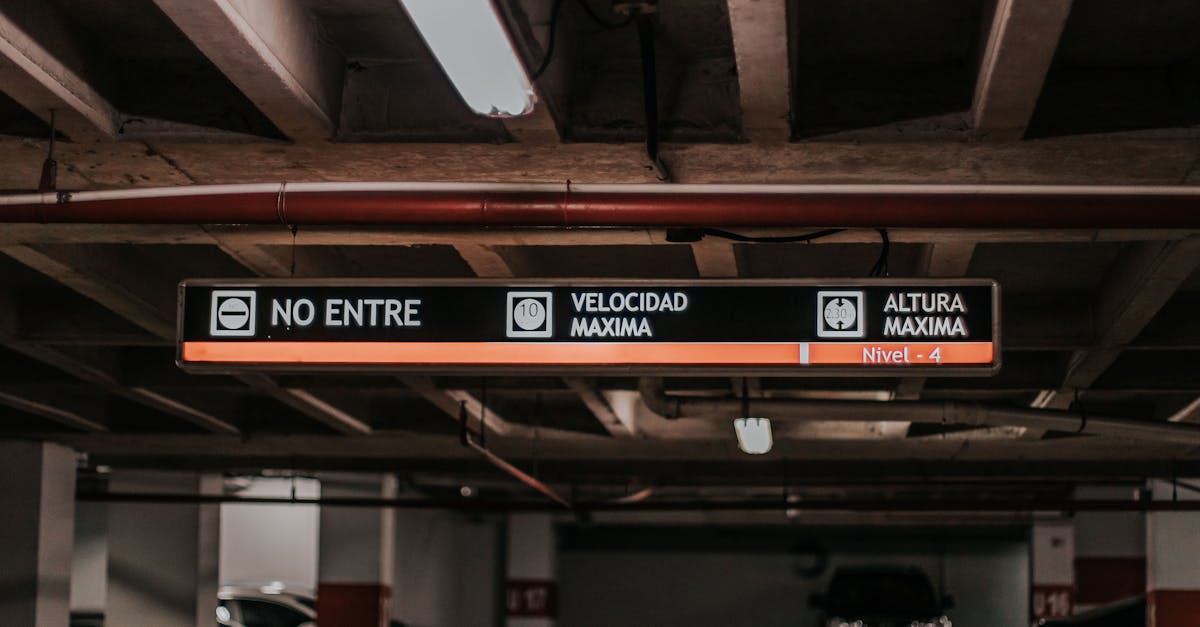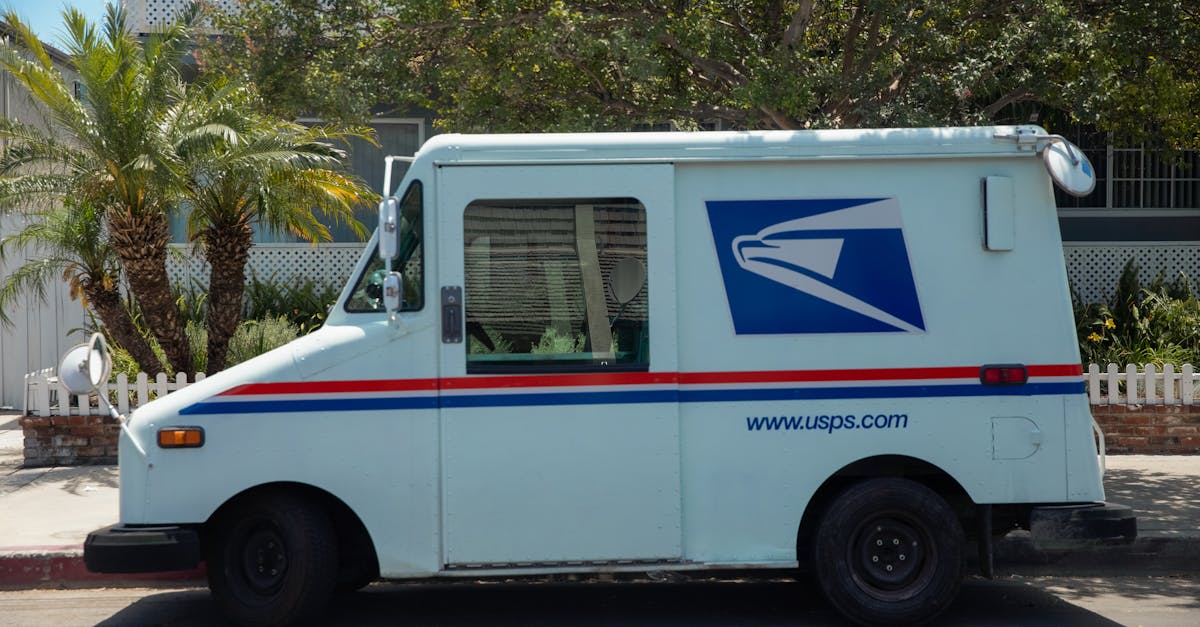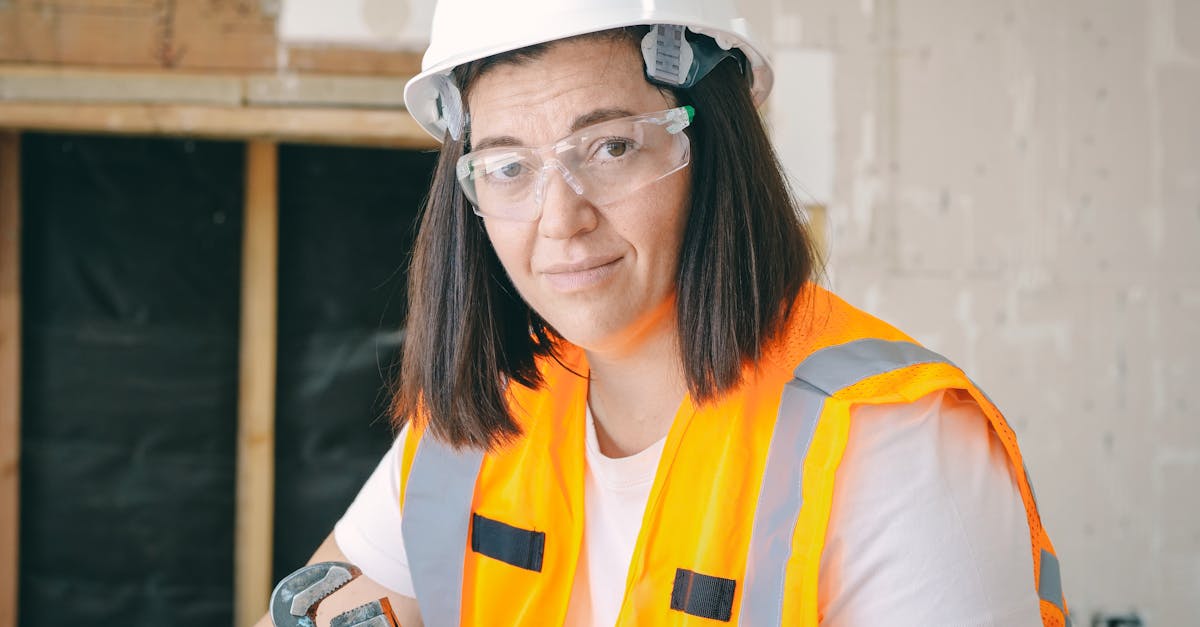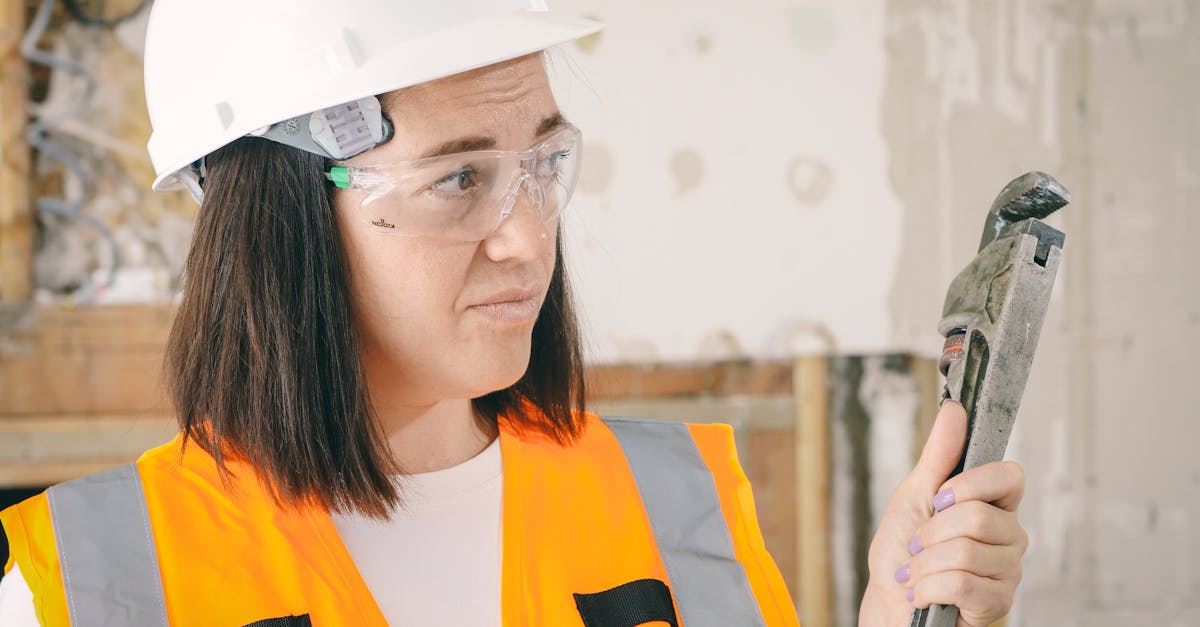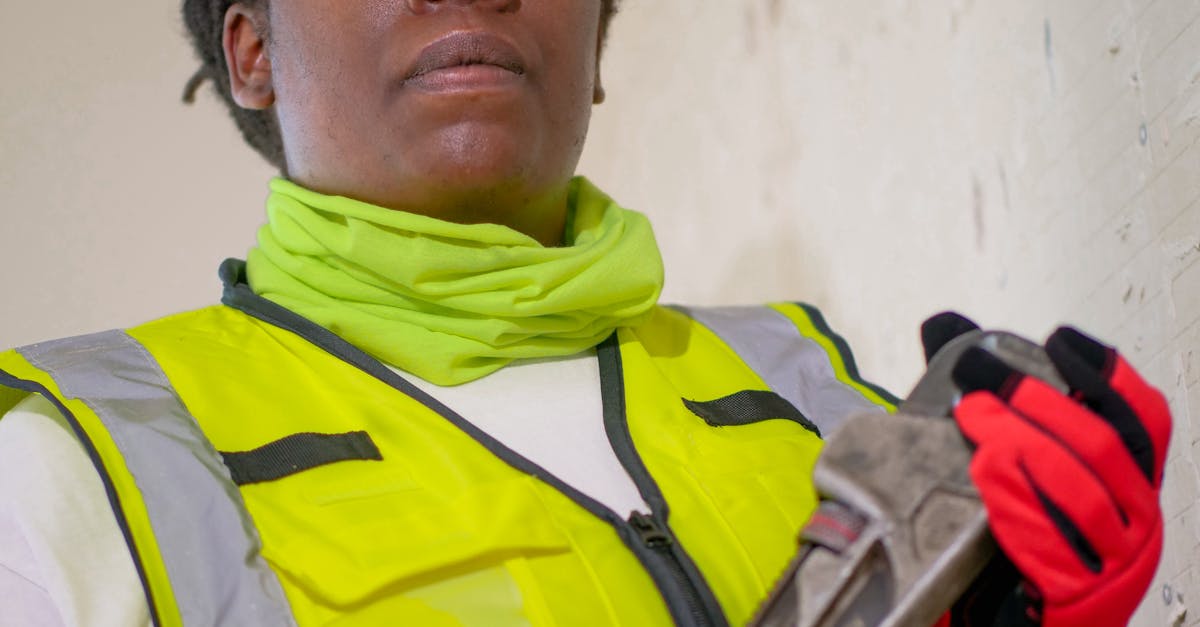
Table Of Contents
Unusual Noises
Unusual noises emanating from a gas water heater can be concerning and may signal an underlying issue. Common sounds like rumbling, popping, or banging can occur due to sediment build-up at the bottom of the tank. This accumulation can create hot spots, causing the water to boil and generate these disruptive noises. Regular maintenance can help prevent this problem, and those considering a system update should explore water heater installation and repair options to ensure optimal performance.
If persistent noises continue despite regular maintenance, it may be time to investigate other potential problems. A failing component, such as a thermostat or gas valve, can also be the source of unexpected sounds. In such cases, seeking professional assistance for water heater installation and repair can help identify and resolve these issues efficiently, ensuring a quieter and more reliable hot water system.
Diagnosing Sounds from Your Water Heater
Unusual noises from a gas water heater can indicate underlying issues that require attention. A popping or banging sound often points to sediment buildup at the bottom of the tank. This accumulation can cause overheating, leading to further complications if not addressed. On the other hand, a hissing noise may suggest that there is water leaking onto the burner or that the pressure relief valve is malfunctioning. It's crucial to monitor these sounds closely as they can help diagnose problems before they escalate.
When facing strange noises, a careful inspection is necessary to determine the source. Loose components or connections might create rattling or clanging sounds. Ensuring that the water heater is securely installed can mitigate these issues. If the noises persist, consulting a professional specialising in water heater installation and repair can provide the necessary expertise to resolve the problem effectively. Regular maintenance can also help prevent these noises from developing in the first place.
Water Leaks
Water leaks can be a serious issue for gas water heaters, potentially leading to water damage or decreased efficiency. Common sources of leaks include faulty fittings, corroded tanks, or damaged hoses. Regular inspections can help identify these problems early, preventing more extensive repairs in the future. If a leak is detected, it's important to act quickly, as untreated leaks can escalate into major issues that are costlier to fix.
Identifying the source of the leak is crucial for effective repair. Check around the valves and connections first, as these areas are often prone to wear and tear. If the water heater installation and repair have been done improperly, it may also contribute to leaks. For persistent or widespread leaks, engaging a professional can ensure that the right steps are taken to address the underlying issues while maintaining the overall integrity of the water heater system.
Identifying the Source of Leaks
Water leaks in gas water heaters can originate from various points, making it essential to inspect the unit thoroughly. Start by examining the connections around the tank’s inlet and outlet. Any moisture or dripping from these areas often indicates a need for tightening fittings or replacing washers. Additionally, assess the temperature and pressure relief valve, as failure here can lead to significant leaks. It’s wise to periodically check these components during routine maintenance to catch potential issues early.
Another common source of leaks is the tank itself, often resulting from corrosion or rust. Look for signs of water pooling beneath the unit, which can signal a more severe problem within the tank. If the tank is damaged, you may need to consider water heater installation and repair to prevent further water damage. Conducting regular inspections and addressing any small leaks promptly can help prolong the life of your water heater while maintaining safety and efficiency.
Pilot Light Problems
A malfunctioning pilot light can significantly affect the performance of your gas water heater. If the pilot light goes out frequently, it may indicate underlying issues such as a faulty thermocouple or issues with the gas supply. Inspect the area around the pilot light for debris or blockages that could be interfering with the ignition. Regular maintenance can help prevent these problems, and it's essential to address them promptly to ensure consistent hot water availability.
When dealing with pilot light problems, understanding the mechanics of your gas water heater is crucial. A trained technician can assist with water heater installation and repair, ensuring that all components, including the pilot light assembly, are functioning properly. Should you find that relighting the pilot light becomes too frequent or difficult, consulting a professional can save time and prevent further damage to the unit. Proper care in troubleshooting can enhance the longevity and efficiency of your water heater.
How to Deal with a Malfunctioning Pilot Light
A malfunctioning pilot light can disrupt the normal operation of your gas water heater. Start by checking the pilot light itself; if it has gone out, you may need to relight it. Ensure that the gas supply is on and follow the manufacturer's instructions for relighting the pilot. If the light does not stay lit, the thermocouple could be faulty or there may be an issue with the gas valve. Regular maintenance can prevent these issues from arising and ensure that your system operates efficiently.
If you're unable to resolve the pilot light issue, it might be time to consult with a professional for further assistance. Water heater installation and repair experts can diagnose underlying problems that might be causing the pilot light to malfunction. They can also provide recommendations for best practices to keep your water heater functioning optimally. Investing in professional services can save time and prevent potential hazards associated with faulty gas appliances.
FAQS
What are the common unusual noises I might hear from my gas water heater?
Common unusual noises include popping, rumbling, or hissing sounds, which can indicate issues such as sediment build-up, overheating, or a malfunctioning component.
How can I identify the source of a water leak in my gas water heater?
To identify the source of a leak, inspect for water pooling around the base of the heater, check for dampness on pipes and fittings, and look for cracks in the tank. It may help to turn off the water supply and see if the leak persists.
What should I do if the pilot light on my gas water heater won't stay lit?
If the pilot light won't stay lit, check for drafts, ensure the thermocouple is working properly, and inspect the gas supply line for blockages or leaks. If the problem persists, it may be best to consult a professional.
How often should I perform maintenance on my gas water heater to prevent issues?
It is recommended to perform maintenance at least once a year, which includes flushing the tank to remove sediment, checking the anode rod, and inspecting the gas connections and venting.
Can I repair my gas water heater myself, or should I hire a professional?
While some minor repairs can be done yourself, such as adjusting the thermostat or replacing the thermocouple, it is often safer and more effective to hire a licensed professional for major issues or if you’re unsure about the repairs needed.
